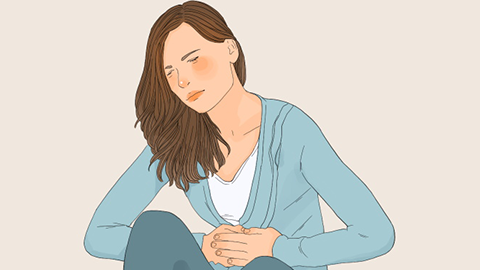How is pancreatitis caused by gallstones treated?
Pancreatitis caused by gallstones is treated with fasting (no food or water), fluid replacement, anti-infective therapy, spasmolytic and analgesic treatment, and follow-up management of gallstones. It is essential to first control pancreatic inflammation before specifically addressing the gallstones to prevent recurrence. If severe abdominal pain, high fever, or altered mental status occur, immediate medical attention is recommended.
1. Fasting (no food or water): Stopping oral intake reduces pancreatic secretion, alleviates the burden on the pancreas, and prevents further damage to pancreatic tissue. This measure typically continues until abdominal pain subsides and serum amylase levels return to normal, after which diet is gradually resumed.
2. Fluid replacement therapy: Intravenous infusion is used to replenish fluids, electrolytes, and nutrients, correcting dehydration and electrolyte imbalances. This helps maintain stable circulation, provides a foundation for pancreatic recovery, and prevents shock.

3. Anti-infective therapy: If biliary tract infection or secondary pancreatic infection is present, antibiotics are required to suppress bacterial growth, control the spread of infection, and prevent worsening inflammation that could lead to serious complications such as sepsis.
4. Spasmolytic and analgesic therapy: Medications that relieve spasms help reduce constriction in the bile and pancreatic ducts, alleviating abdominal pain and preventing severe pain from triggering systemic stress responses. Care should be taken to avoid analgesics that may worsen pancreatic injury.
5. Follow-up management of gallstones: Once pancreatitis has stabilized, gallstones should be removed through surgery (e.g., cholecystectomy) or endoscopic procedures (e.g., ERCP with stone extraction) to eliminate the underlying cause and prevent recurrent episodes of pancreatitis.
In daily life, maintain a low-fat diet, avoid overeating, eat meals regularly to reduce bile stasis, undergo regular check-ups of the gallbladder and pancreas, and promptly address any discomfort in the upper right abdomen to lower the risk of disease recurrence.




